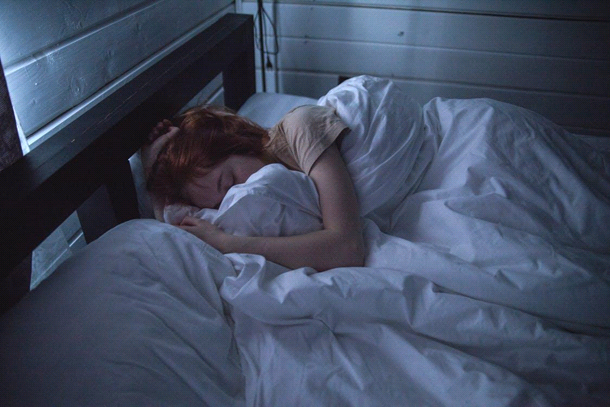Manage Anxiety and Stress
The outbreak of coronavirus disease 2019 (COVID-19) may be stressful for people. Fear and anxiety about a disease can be overwhelming and cause strong emotions in adults and children. Coping with stress will make you, the people you care about, and your community stronger.
Everyone reacts differently to stressful situations. How you respond to the outbreak can depend on your background, the things that make you different from other people, and the community you live in.
People who may respond more strongly to the stress of a crisis include:
• Older people and people with chronic diseases who are at higher risk for COVID-19
• Children and teens
• People who are helping with the response to COVID-19, like doctors and other health care providers, or first responders
• People who have mental health conditions including problems with substance use
Stress during an infectious disease outbreak can include:
• Fear and worry about your own health and the health of your loved ones
• Changes in sleep or eating patterns
• Difficulty sleeping or concentrating
• Worsening of chronic health problems
• Increased use of alcohol, tobacco, or other drugs
People with preexisting mental health conditions should continue with their treatment and be aware of new or worsening symptoms. Additional information can be found at the Substance Abuse and Mental Health Services Administration website, www.samhsa.gov/disaster-preparedness.
Taking care of yourself, your friends, and your family can help you cope with stress. Helping others cope with their stress can also make your community stronger.
Things you can do to support yourself:
• Take breaks from watching, reading, or listening to news stories, including social media.Hearing about the pandemic repeatedly can be upsetting.
• Take care of your body. Take deep breaths, stretch, or meditate. Try to eat healthy, well- balanced meals, exercise regularly, get plenty of sleep, and avoid alcohol and drugs.
• Make time to unwind. Try to do some other activities you enjoy.
• Connect with others. Talk with people you trust about your concerns and how you are feeling.
Call your healthcare provider if stress gets in the way of your daily activities for several days in a row.
 Reduce stress in yourself and others. Sharing the facts about COVID-19 and understanding the actual risk to yourself and people you care about can make an outbreak less stressful.
Reduce stress in yourself and others. Sharing the facts about COVID-19 and understanding the actual risk to yourself and people you care about can make an outbreak less stressful.
When you share accurate information about COVID-19 you can help make people feel less stressed and allow you to connect with them.
Learn more about taking care of your emotional health at emergency.cdc.gov/coping/selfcare.asp.
Fight the Covid-19 with Sleep
When it comes to your health, sleep plays an important role. While more sleep won’t necessarily prevent you from getting sick, skimping on it could adversely affect your immune system, leaving you susceptible to colds and viruses. Even the US military knows and researches how important sleep is for active military and us all.
Amidst growing concern about COVID-19 infection, health officials have provided several recommendations to help individuals protect themselves and their families from infection, including washing hands regularly and maintaining a distance of at least six feet from anyone who is coughing or sneezing.
Fortunately, a growing body of evidence suggests that an additional lifestyle modification could also dramatically improve your odds of avoiding infection – getting more sleep.



